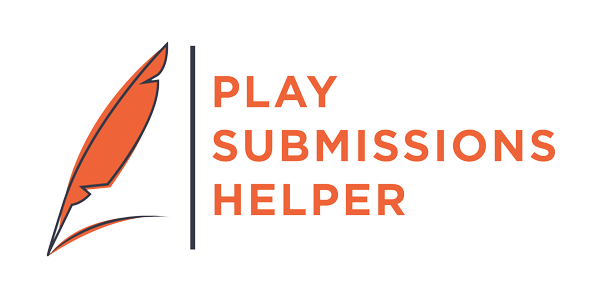These days, it’s hard to go long without hearing another bold claim about AI and its growing capabilities.
Depending on who you ask, it’s only a matter of time before AI turns science fiction into reality.
But for writers and artists, the rise of AI is more complicated.
One major concern is ethical: some AI systems have been trained on the work of writers and artists without their consent or compensation. For many, that raises serious questions about fairness and ownership.
Then there’s the deeper issue: what is the role of art, really? So much of playwriting is rooted in our shared human experience. If we rely on machines to create our stories, do we risk losing the very thing that gives art its soul?
Of course, others argue that AI is just another tool. And if it can help you write faster or generate new ideas, why not use it?
I’m not here to draw a line in the sand. Whether or not you choose to incorporate AI into your process is entirely up to you.
But I will say this: the heart of your work–your voice, your vision, your humanity–should always come from you.
I’ve experimented with AI myself. It’s surprisingly good. It can churn out polished prose and revise endlessly in seconds.
And that’s exactly the danger. It’s easy to lean on it more and more–until one day, you realize your work doesn’t sound like you anymore.
That, to me, is the biggest risk: losing the very thing that makes your writing yours.
Your unique perspective is what makes your plays worth watching.
So if you decide to use AI to brainstorm or revise, that’s up to you.
Just don’t lose the human heart of your work. Because that’s what brought you to playwriting in the first place.
